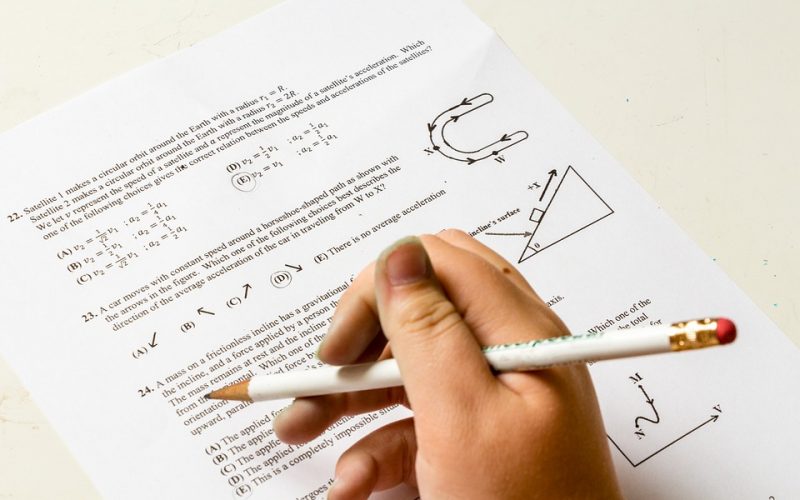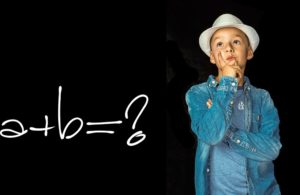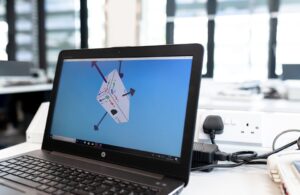The youngest students attending school have a distinct advantage in the modern world, and it is due to their ability to view television and use electronics. Learning their alphabet and beginning numbers has become much easier before they ever reach a classroom because there are many shows that provide them with an entertaining way to learn. Access to these shows is unrestricted, and the vast majority of homes now have televisions. This makes it easy for them to learn without any adult involvement.
It is fortunate that young children now have a head start on their education, and schools can concentrate on bringing them into focus on the remainder of the basics. Learning the alphabet is the first step, but it students must be taught how to turn letters into words. This skill can be nurtured by playing words games during the morning primary assemblies, when children want to play and learn at the same time. Once they master that skill, they can move on to forming simple sentences to convey complete concepts.
Mathematics has been difficult for many students, and learning numbers is where their education begins. Teachers have the task of taking them from learning to recite numbers into the world of addition and subtraction, and this is not an easy task that can be reduced to a pleasant song. It takes hard work to climb the next basic steps in the process, but children in the modern world have already climbed the first stair before they ever enter formal schooling.
While the youngest students now have a leg up with media and electronics, educators have found these can interfere in some parts of the education process. Access to electronic devices in the classroom has become restricted for older students, and this has been a continuing issue in schools today. They need to learn basic information, and they need to learn that looking it up on their phone or tablet is not as important as actually learning it.


















